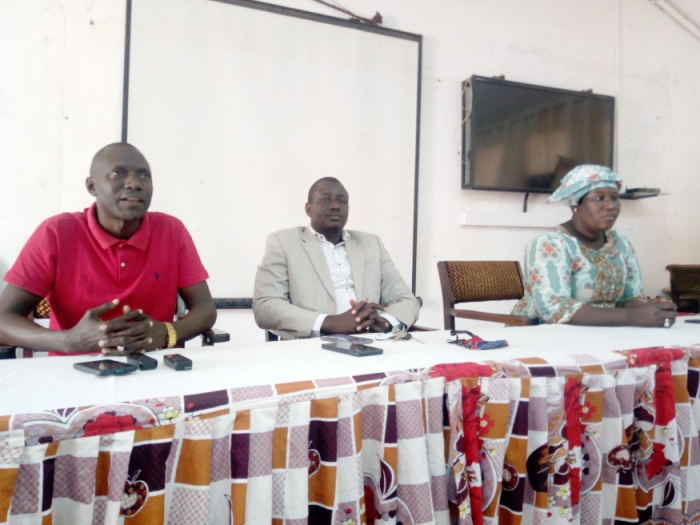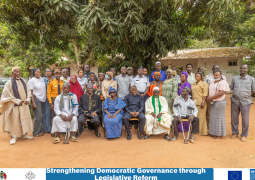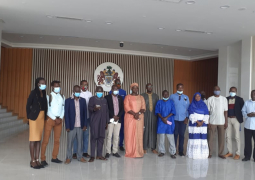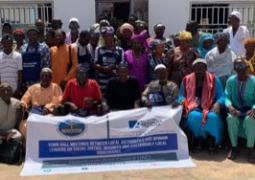
Sainey Cham, was speaking recently in Mansakonko on day two of their on-going capacities building training targeting women, districts court members, women alkalolu among others, maintained the deep-rooted practice has serious health implications. UNICEF is funding the three-day training.
“Women Bureau and its partners are doing tremendous effort in abolishing the traditional belief in our country. However, these require the participatory and involvement of all stakeholders. FGC/M has been a tradition that was practiced in the country for decades. Therefore, changing the mind-set of people requires lots of advocacy and training. Unquestionably, attitudinal change in the community is a key factor in completely ending both FGC/M and GBV.”
He said: “Change is slowly taking place in the country and with every day that goes by and through every engagement, we are confident that we will achieve our objectives in ensuring that no girl child is subjected to FGC/M and no women endured GBV in the country. Eradicating the practice requires a holistic approach that uses various available mediums to influence positive change.”
“Most of the communities in the country are being sensitized on the health implications of FGM/C among others negative issues affecting women and girls. However, what is still remaining is attitudinal change. I am quite sure that with the on-going advocacy, we will achieve our objectives. The knowledge is already there, but as I said attitudinal change is what is needed and, in some cases, religious and societal belief. But we are optimistic of a brighter future, where no one will undergo this practice,” he stated.
“We have developed a strategy which is going to guide us from 2021 to 2025. The five years strategic plan has been validated and now we are waiting for the consultant to do the final input then it will be signed and launched which of course is a big success.”
The FGM/C Amendment Act, he added, also needs to be enforced in our quest to end the practice. “We have engaged the police and built their capacities to help enforce these laws but it seems still there is a problem. We have also developed gender management system; we have also developed gender information system GMIS which is a monitoring tool to help us trap issues of FGM/C and GBV. We have had a lot of community engagement where we engage MDFT members, VDC, Chiefs among others all geared to eradicate FGM/C and GBV.”
Cham called on the participants to always report cases of GBV, FGC/M to the relevant authorities in ensuring that appropriate actions are taken.
“We should completely do away with the issue of “Maslaha Syndrome” if we want to move ahead in protecting our women and girls from enduring all issues that affect their wellbeing.
Mari Darboe, District Tribunal court member, who spoke to our reporter on the side-lines of the event said: “Issue of GBV is reducing in our community thank to the intervention of Women’s Bureau and other stakeholder by building our capacities with a view to ensure that we take an active role in our own community. In fact, it’s only a few cases that are reported at our court.”
She claimed that their court members in Naimina Dankunku district also embarked on school orientation within the district level in order to sensitise school children about issues relating to gender based violence, its complications on both women, girls and boys as well.
“We only have few cases of sexual harassment that young female girls are faced with in relating to rape. However, she added that most of such cases are perpetrated by very close family members, relatives or friends to the victim.”





